Recap
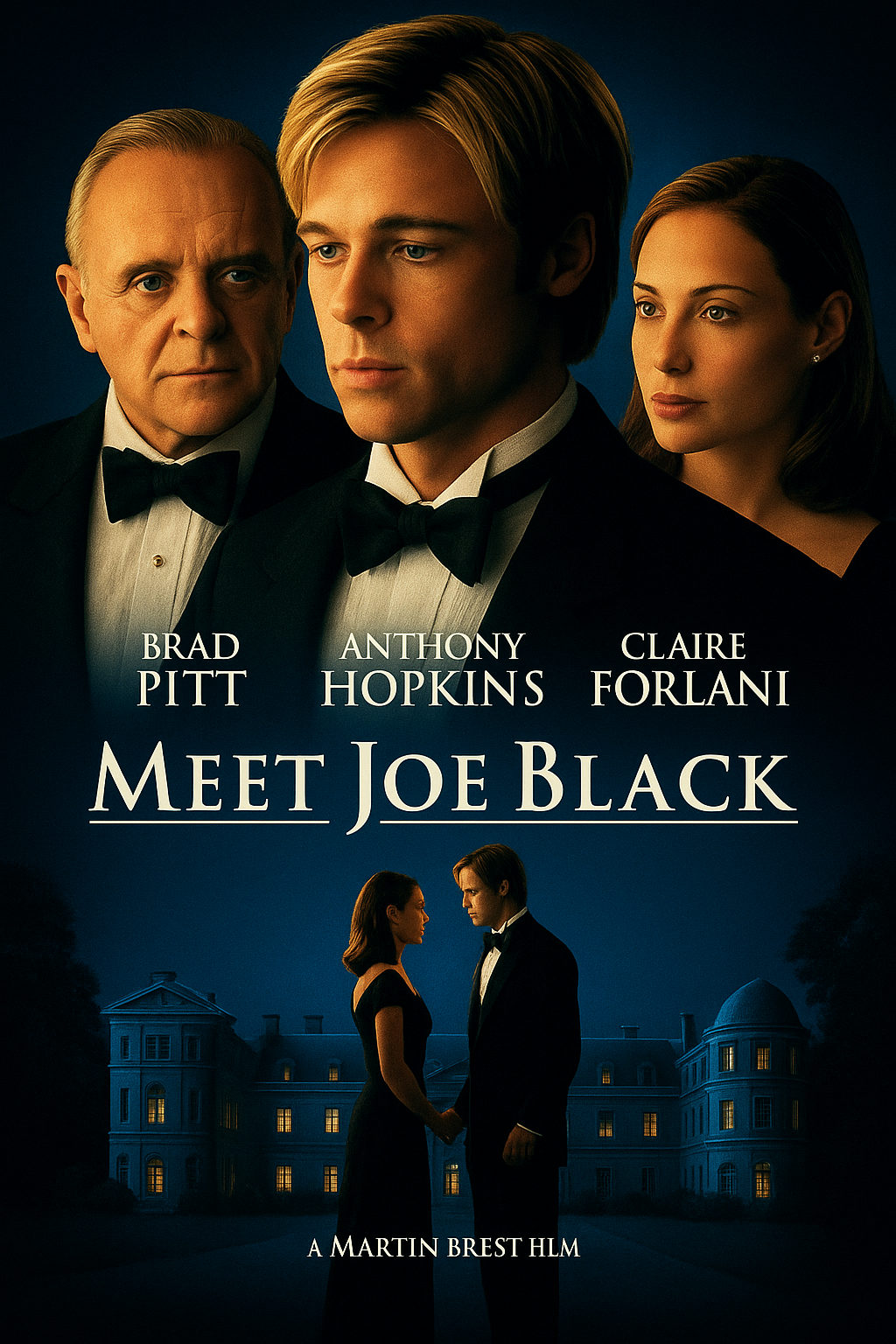
The story centers around William “Bill” Parrish (Anthony Hopkins), a billionaire media tycoon and devoted father, who is on the cusp of his 65th birthday. Bill begins to hear mysterious voices, which soon manifest as Death himself. Death, however, doesn’t arrive in a grim reaper’s cloak. Instead, he inhabits the body of a recently deceased young man (Brad Pitt) whom Bill’s younger daughter, Dr. Susan Parrish (Claire Forlani), had a charming but brief encounter with in a coffee shop moments before the young man was fatally hit by a car.
Death, now calling himself “Joe Black,” strikes a deal with Bill: he will delay Bill’s demise if Bill acts as his earthly guide. Joe is curious about human life and wants to experience its sensations and emotions before taking Bill. Bill, though initially terrified and bewildered, reluctantly agrees, hoping to buy more time to secure his company’s legacy and say goodbye to his family.
Bill introduces Joe to his family and close associates as a business acquaintance. Joe’s naivety about human customs, his blunt honesty, and his peculiar habits (like an insatiable appetite for peanut butter) create awkward and sometimes humorous situations. He knows nothing of social graces, business, or human emotion, learning everything with a childlike curiosity.
Susan, unaware that Joe is Death in the body of the man she was so briefly captivated by, is initially confused by Joe’s odd behavior and apparent lack of memory of their coffee shop meeting. However, she finds herself increasingly drawn to his innocent intensity and directness. A passionate romance blossoms between them, much to Bill’s distress, as he knows Joe’s true identity and the impossibility of their relationship.
Meanwhile, Bill’s company, Parrish Communications, is in the midst of a sensitive merger negotiation. Bill’s ambitious and unscrupulous board member, Drew (Jake Weber), who is also dating Bill’s older daughter, Allison (Marcia Gay Harden), sees Bill’s erratic behavior (influenced by Joe’s presence) as an opportunity. Drew conspires with other board members to oust Bill, using confidential information that Joe unwittingly provides him (as Joe doesn’t understand the concept of business secrecy).

As Joe spends more time experiencing life – particularly his burgeoning love for Susan – he begins to question his own nature and purpose. He witnesses the depth of human connection, loyalty, and love, especially through Bill’s relationship with his daughters. Bill, in turn, uses his remaining time to impart wisdom to Joe about love and life, urging him to understand the sacrifices and responsibilities that come with true affection. He also tries to protect Susan from the inevitable heartbreak.
The climax occurs at Bill’s lavish 65th birthday party. Joe, having learned about Drew’s betrayal, helps Bill expose Drew’s underhanded dealings to the board, allowing Bill to reclaim control of his company and secure its future as he envisioned.
Joe reveals to Susan his true identity and his original intention: to take Bill with him. He also confesses that he has fallen in love with her but understands that their love cannot exist in her world. He originally intended to take Susan with him as well, unable to bear being parted from her, but Bill’s earlier passionate plea about the meaning of true love – which involves wanting the best for the beloved, even if it means personal sacrifice – makes Joe reconsider.
Bill Parrish and His Encounter with Death
The story begins with William Parrish, a successful businessman who is approaching his 65th birthday. While he prepares for his lavish birthday celebration, Bill begins experiencing ominous symptoms: he hears strange voices whispering “yes” repeatedly, causing him discomfort and unease. These incidents foreshadow the arrival of a mysterious visitor who will soon change the course of his life.
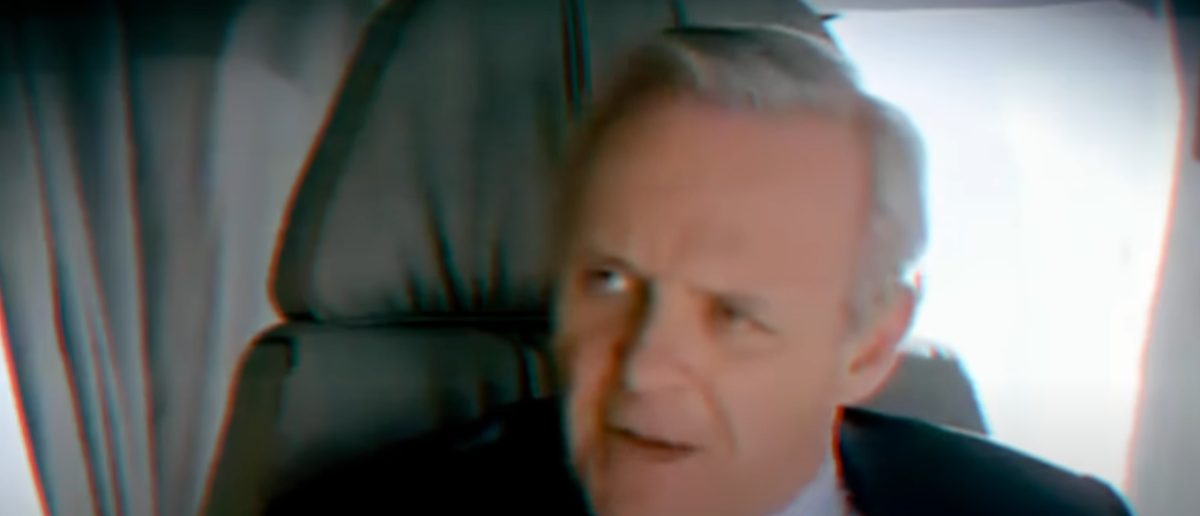
That visitor is Death, who appears in the form of a handsome young man (played by Brad Pitt). Earlier, this man had a brief encounter with Susan Parrish at a coffee shop, where they shared a fleeting connection. Soon after, the man dies in a car accident, and Death assumes his identity. He comes to Bill with a proposition: he will allow Bill to live a little longer in exchange for being Bill’s guide in the world of the living. Bill reluctantly agrees to this deal, and Death adopts the name “Joe Black.”
Joe Black: Death in Human Form
Joe Black begins to explore human existence through the guidance of Bill. He experiences the intricacies of life for the first time: love, food, emotions, and human connections. However, Joe’s arrival brings complications for Bill, who is not only facing his own impending death but also trying to keep his company afloat and his family united.
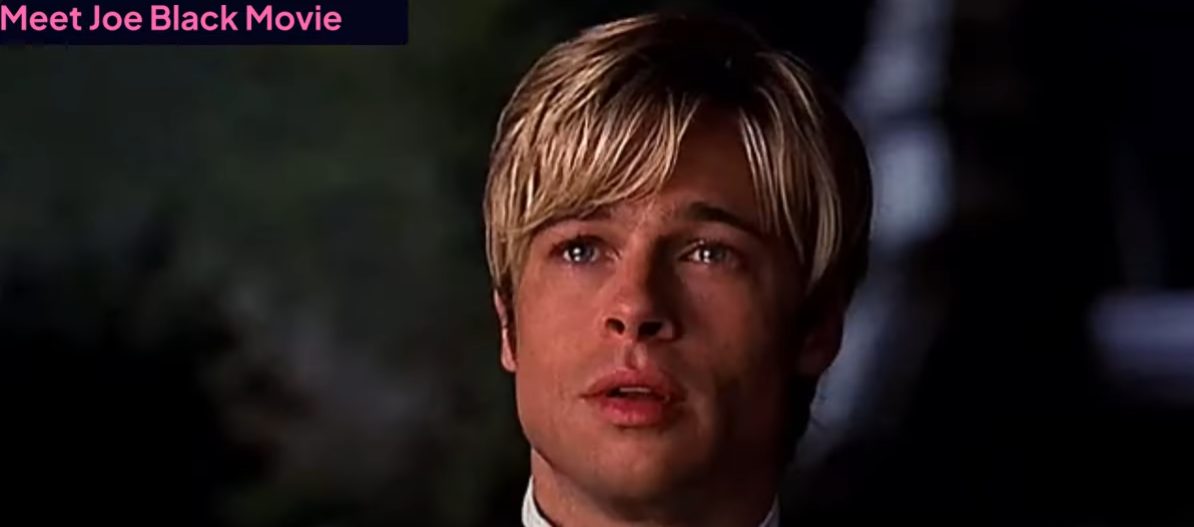
Meanwhile, Susan is drawn to Joe, unaware that he is not the same man she met at the coffee shop. Their romantic tension grows throughout the film, creating an emotional undercurrent that contrasts with the darker theme of death.
Life, Love, and Death
As Joe becomes more enmeshed in Bill’s life, he starts falling in love with Susan. This poses a moral dilemma, as Joe is supposed to be a dispassionate observer of life, not a participant. Bill is disturbed by Joe’s growing attachment to his daughter and warns him about the consequences of playing with human emotions. Bill’s fear is that Susan will fall in love with Joe, only to have him leave once his time on Earth is done.
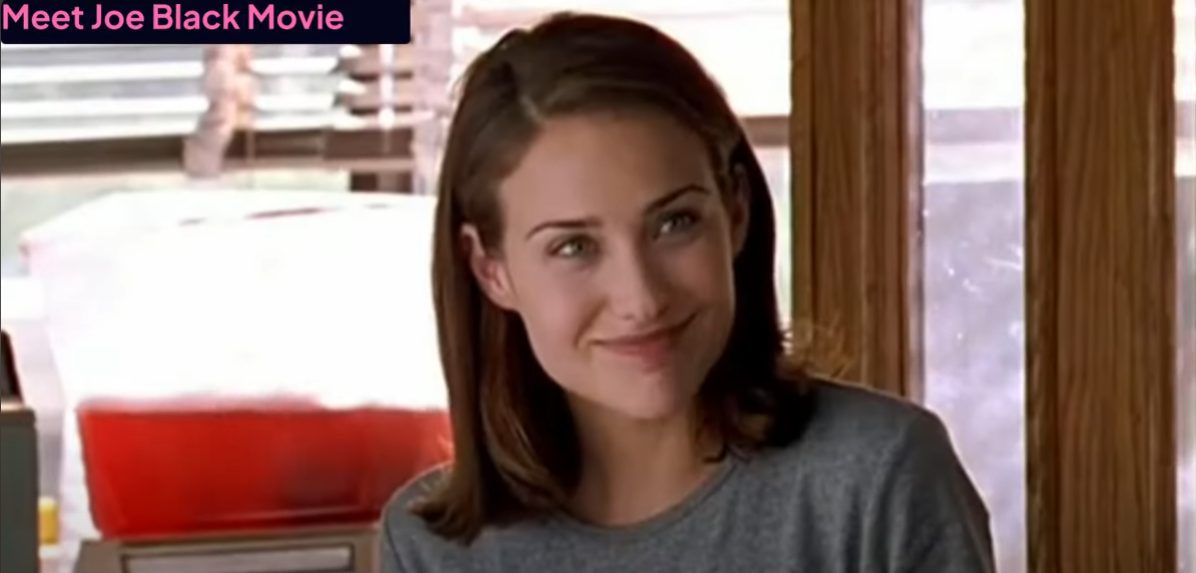
At the same time, Bill is grappling with business challenges. Drew, his son-in-law and a cunning executive at his company, is plotting to take control of Bill’s media empire. Bill, while managing the situation, also has to face his looming mortality, knowing that Joe will eventually take him away.
Sacrifice and Understanding
The climax of the film centers on Bill’s birthday party, a grand event that becomes the backdrop for crucial revelations. Joe confronts his growing feelings for Susan and his desire to experience love, but he ultimately understands that he cannot selfishly take her with him to the afterlife. Joe realizes that his role as Death is to maintain the balance, and he cannot disrupt the natural course of life.
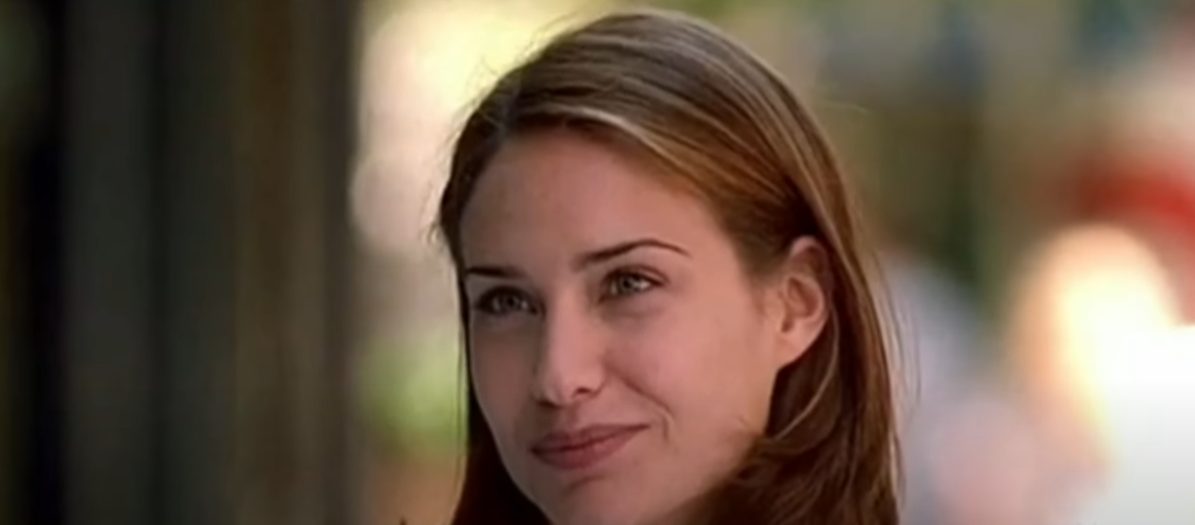
In a poignant moment, Joe reveals his true identity to Susan. She is heartbroken and confused, but she also understands the gravity of the situation. Joe tells her that he must leave, and in doing so, he learns a valuable lesson about the beauty and impermanence of life.
At the same time, Bill reconciles with his fate. He stands up to Drew, securing the future of his company and protecting his legacy before he prepares to depart with Joe. Bill’s acceptance of death is both dignified and peaceful, having resolved his affairs and made peace with his family.
Ending Explained
At the end of the party, Bill, having made his peace and ensured his family and company are secure, is ready to go. He shares a heartfelt goodbye with his daughters. Joe, now understanding the true meaning of love and sacrifice, tells Susan that she must live her life fully.
Joe and Bill walk away from the party, over a small bridge, and disappear over a rise. Moments later, the young man from the coffee shop (Brad Pitt, no longer as Death/Joe Black) reappears, walking back towards Susan. He seems disoriented, with no memory of the events since his accident or his time as Joe Black. He only remembers their meeting in the coffee shop.
Susan, though heartbroken by the departure of “Joe,” recognizes the man she initially met. There’s a sense of bittersweet hope. While the “Joe” she fell in love with (Death) is gone, the man whose body he inhabited has seemingly been given a second chance at life. Susan, with tears in her eyes, says, “I wish you could have known my father.” The implication is that she will get to know this young man, and perhaps a new, different kind of love can blossom, though tinged with the memory of her extraordinary experience. Bill Parrish has died, accompanied by Death, but life, in a way, has been returned.
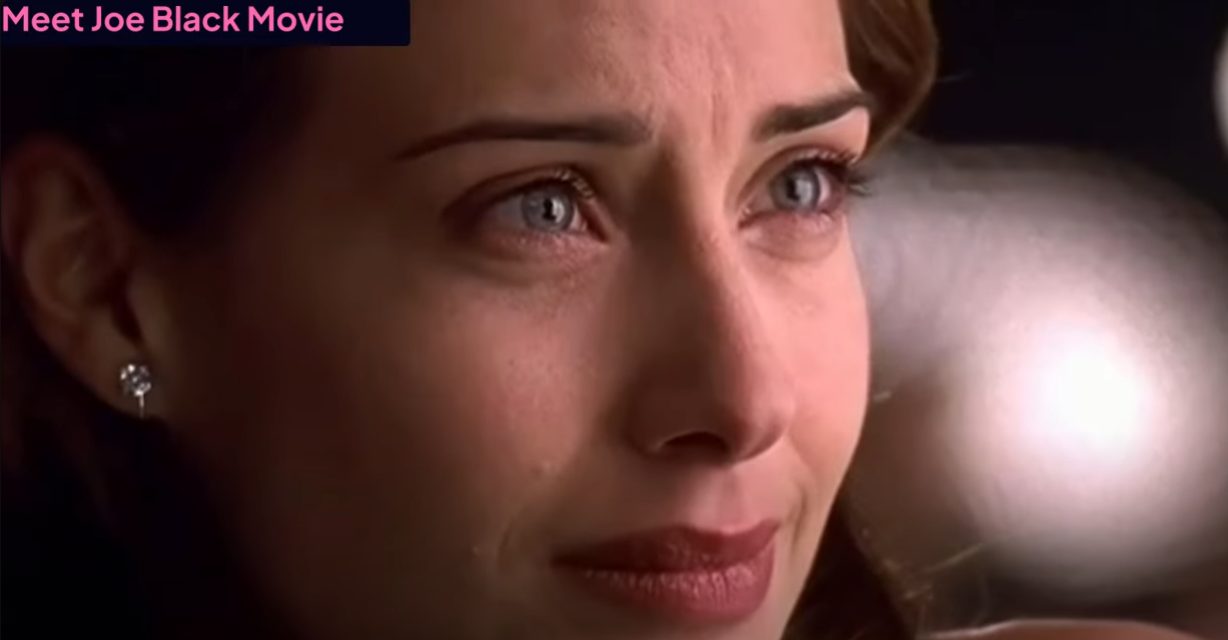
Characters
William “Bill” Parrish (Anthony Hopkins): A powerful, intelligent, and principled man who deeply loves his family. Faced with his own mortality, he exhibits fear, courage, and a profound desire to protect his loved ones and his life’s work. His interactions with Joe evolve from fear to a kind of mentorship, as he teaches Death about humanity.
Joe Black / Young Man in Coffee Shop (Brad Pitt): As the Young Man, he is charming, articulate, and full of life. As Joe Black (Death), he is initially an alien, naive, and detached observer, experiencing everything for the first time. His journey is one of profound transformation as he discovers human emotions, particularly love, which complicates his very existence and purpose. Pitt plays two distinct roles: the vibrant young man and the innocent, intense, and sometimes unsettling Death.
Dr. Susan Parrish (Claire Forlani): A compassionate and intelligent doctor, somewhat overshadowed by her father’s powerful persona. She is initially intrigued and then deeply falls for Joe, drawn to his unusual honesty and intensity, even before understanding his true nature. Her journey is one of unexpected love and profound loss.
Drew (Jake Weber): The film’s primary antagonist. He is ambitious, manipulative, and disloyal, representing the cynical and cutthroat aspects of the business world that Bill despises.
Allison Parrish (Marcia Gay Harden): Bill’s older daughter, often anxious and eager for her father’s approval, especially in planning his birthday party. Her subplot highlights family dynamics and the pressures within the Parrish family.
Quince (Jeffrey Tambor): Allison’s husband and Bill’s son-in-law. He is a kind, somewhat bumbling, but ultimately loyal and good-hearted man who provides some comic relief and warmth. He is one of the first to unknowingly sense Joe’s true, somber nature.
Analysis
“Meet Joe Black” delves into several profound themes:
- The Nature of Death: The film personifies Death not as a malevolent force but as a curious, almost innocent entity, capable of learning and even loving. It explores the fear of death, the acceptance of mortality, and the idea of dying with dignity and on one’s own terms.
- The Value of Life: By experiencing life through human senses and emotions, Joe Black (and the audience) is reminded of the beauty, complexity, and preciousness of everyday existence – from the taste of peanut butter to the intensity of love.
- Love and Sacrifice: The film posits love as the most powerful human experience. Bill’s love for his daughters, Susan’s love for Joe, and ultimately Joe’s love for Susan, which leads him to make a selfless choice, are central to the narrative. True love is shown to involve sacrifice and wanting the best for the other person.
- Legacy and Integrity: Bill’s concern for his company is not just about money but about the principles and integrity upon which he built it. His fight against Drew is a fight to preserve his legacy.
- Honesty and Authenticity: Joe Black’s blunt honesty, while socially awkward, contrasts with the deceit and manipulation present in the business world. Susan is drawn to his authentic, unvarnished self.
- Experiencing the World Anew: Through Joe’s eyes, familiar human experiences are rendered strange and wonderful, encouraging a fresh perspective on life’s simple pleasures and profound connections.
Relation to Real-Life Stories/Inspirations
“Meet Joe Black” is a loose remake of the 1934 film “Death Takes a Holiday,” which itself was based on an Italian play by Alberto Casella. The core concept of Death taking a human form to understand humanity is the central inspiration.
While not based on specific “real-life stories” in a biographical sense, the film taps into universal human experiences and anxieties:
- Facing Mortality: The fear of death and the desire to make peace with one’s life is a universal human concern.
- The Intensity of New Love: The whirlwind romance between Susan and Joe captures the all-consuming nature of falling in love.
- Family Dynamics: The relationships within the Parrish family – love, loyalty, sibling rivalry, and the desire for parental approval – are relatable.
- Corporate Ethics: The boardroom drama reflects real-world struggles for power and ethical dilemmas in business.
The film uses its fantastical premise to explore these very real human emotions and situations.
Review
Critical Reception:
- Roger Ebert of the Chicago Sun-Times noted that the film contains elements that make it very good, but also a lot of other elements besides, suggesting that “less is more.”
- Ann Hornaday from the Baltimore Sun described the film as “leaden,” indicating a slow pace and lack of engagement.
- Owen Gleiberman of Entertainment Weekly found the film “sometimes clever and enjoyable, even touching,” but felt it “too often makes you feel as if you’re in Sunday school.”
- Todd McCarthy from Variety commented that the film is “weighed down by ponderous pacing, overstuffed production values and an instance of miscasting.”
Audience Reception:
Audience reactions have been mixed. Some viewers appreciate the film’s introspective nature and performances, particularly praising Anthony Hopkins’ portrayal of William Parrish. Others find the nearly three-hour runtime excessive and the pacing slow, affecting overall enjoyment.
Positive Reviews on IMDB
- A user praised the film as “a beautiful film with a talented cast,” highlighting its unique plot that weaves humor within dramatic and romantic elements.
- Another reviewer described it as “a thought-provoking movie about mortality and emotional separation,” appealing to viewers with a reflective and philosophical nature.
Conclusion
“Meet Joe Black” is a film that invites patience and reflection. It’s an unhurried exploration of profound themes, dressed in the guise of a romantic fantasy. While its length and deliberate pace may not appeal to everyone, those who connect with its emotional core, strong performances, and the unique journey of its characters often find it a moving and memorable experience. It’s a film that dares to ask big questions about what it means to live, to love, and to let go, leaving a lasting impression long after the credits roll.




